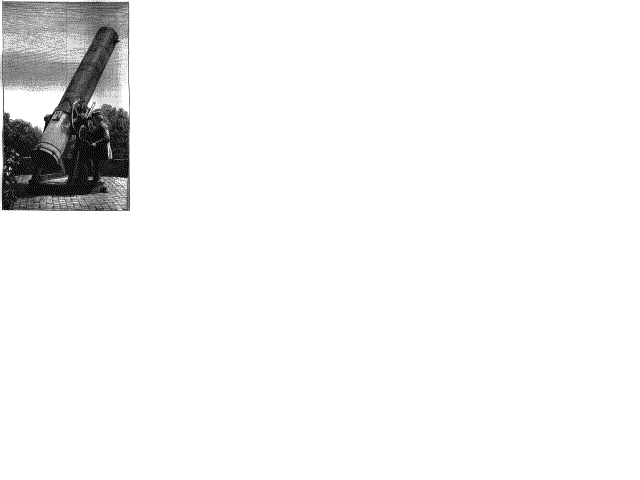More about Astronomy
Contents
A reflecting telescope constructed -- Trunnion turn-table ,Sir David Brewster ,
Edward Cowper's lecture ,
Cause of the sun's light ,
Lord Murray ,
Sir T. Mitchell ,
The Milky Way ,
Countless suns ,
Infusoria in Bridgewater Canal ,
Rotary movements of heavenly bodies ,
Geological Society meeting ,
Dr Vaugham ,
Improvement of Small Arms Factory, Enfield ,
Generosity of United States Government ,
The Enfield Rifle ,
ASTRONOMY, instead of merely being an amusement, became my chief study. It occupied many of my leisure hours. Desirous of having the advantage of a Reflecting Telescope of large aperture, I constructed one of twenty-inches diameter. In order to avoid the personal risk and inconvenience of having to mount to the eye-piece by a ladder, I furnished the telescope tube with trunnions, like a cannon, with one of the trunnions hollow so as to admit of the eye-piece. Opposite to it a plain diagonal mirror was placed, to transmit the image to the eye. The whole was mounted on a turn-table, having a seat opposite to the eye-piece, as will be seen in the engraving on the other side.
 "Trunnion Vision" Reflecting telescope of 20-inch diameter mounted on a turn-table.
"Trunnion Vision" Reflecting telescope of 20-inch diameter mounted on a turn-table.
The observer, when seated, could direct the telescope to any part of the heavens without moving from his seat. Although this arrangement occasioned some loss of light, that objection was more than compensated by the great convenience which it afforded for the prosecution of the special class of observations in which I was engaged namely, that of the Sun, Moon, and Planets.
I wrote to my old friend Sir David Brewster, then living at St. Andrews, in 1849, about this improvement and he duly congratulated me upon my devotion to astronomical science. In his letter to me he brought to mind many precious memories.
"I recollect," he said, "with much pleasure the many happy hours that I spent in your father's house; and ever since I first saw you in your little workshop at Edinburgh, -- then laying the foundation of your future fortunes, -- I have felt a deep interest in your success, and rejoiced at your progress to wealth and reputation.
"I have perused with much pleasure the account you have sent me of your plan of shortening and moving large telescopes, and I shall state to you the opinion which I have formed of it. If you will look into the article 'Optics' in the Edinburgh Encyclopedia (vol. xv. p. 643), you will find an account of what has been previously done to reduce by one-half the length of reflecting telescopes. The advantage of substituting, as you propose, a convex for a plane mirror arises from two causes that a spherical surface is more easily executed than a plane one; and that the spherical aberration of the larger speculum, if it be spherical, will be diminished by the opposite aberration of the convex one. This advantage, however, will disappear if the plane mirror of the old construction is accurately plane; and in your case, if the large speculum is parabolic and the small one elliptical in their curvature.
"The only objection to your construction is the loss of light; first of one-fourth of the whole incident light by obstruction, and then one-half of the remainder by reflection from the convex mirror, thus reducing 100 rays of incident light to 37 1/2 before the pencil is thrown out of the tube by a prism or a third reflector. This loss of light, it is true, may be compensated by an additional inch or two to the margin of the large speculum; but still it is the best part of the large speculum that is made unproductive by the eclipse of it by the convex speculum. "With regard to the mechanical contrivance which you propose for working the instrument, I think it is singularly ingenious and beautiful, and will compensate for any imperfection in the optical arrangements which are rendered necessary for its adoption. The application of the railway turn-table is very happy, and not less so is the extraction of the image through the hollow trunnions.
"I am much obliged to you for the beautiful drawing of the apparatus for grinding and polishing specula, invented by Mr. Lassell and constructed by yourself. I shall be glad to hear of your further progress in the construction of your telescope; and I trust that I shall have the pleasure of meeting you and Mr. Lassell at the Birmingham meeting of the British Association.
| Previous chapter | Back | Home | Email this | Search | Discuss | Bookmark | Next chapter/page |